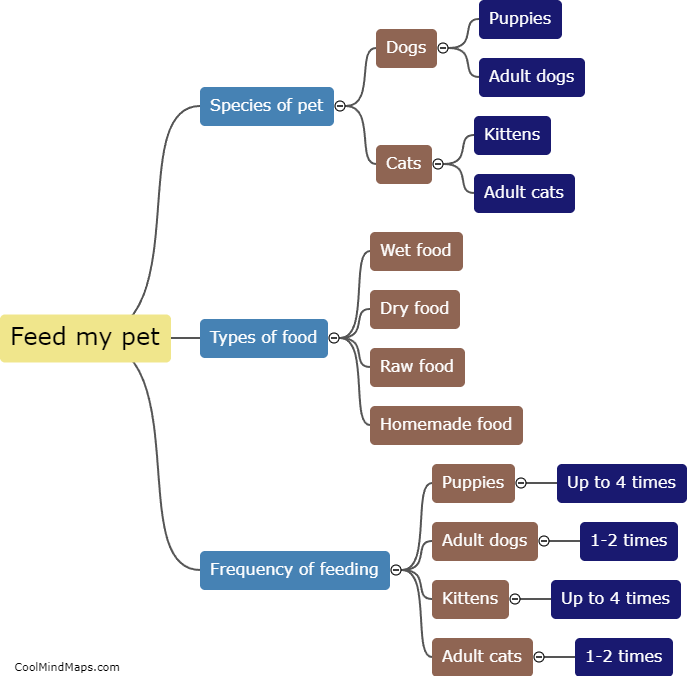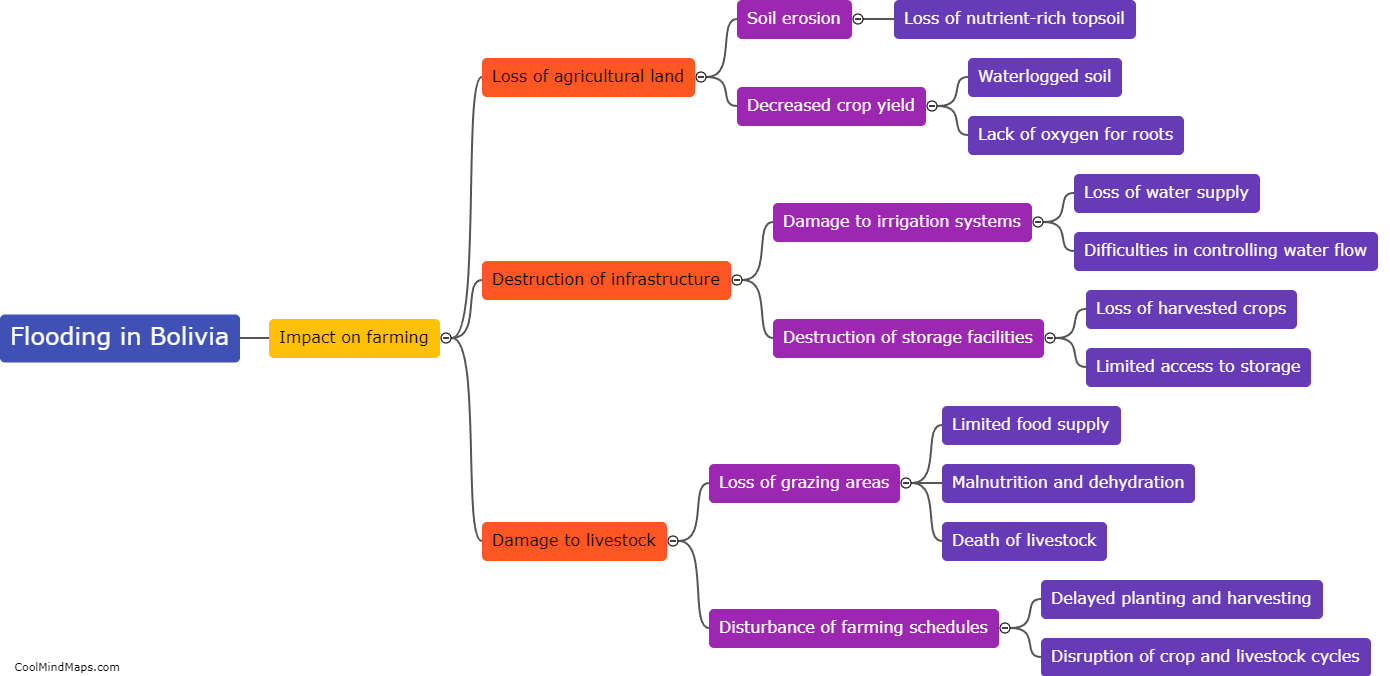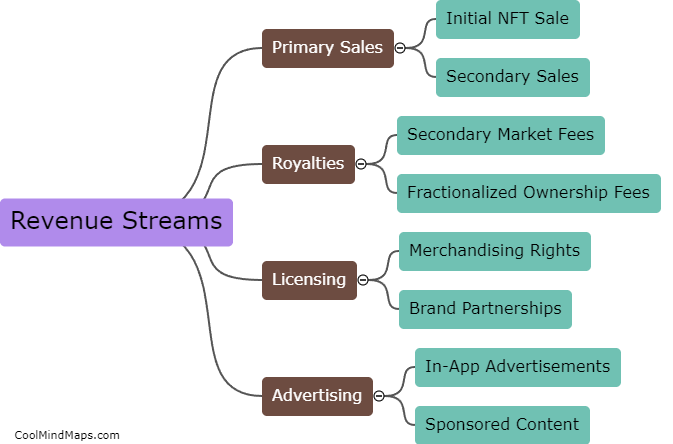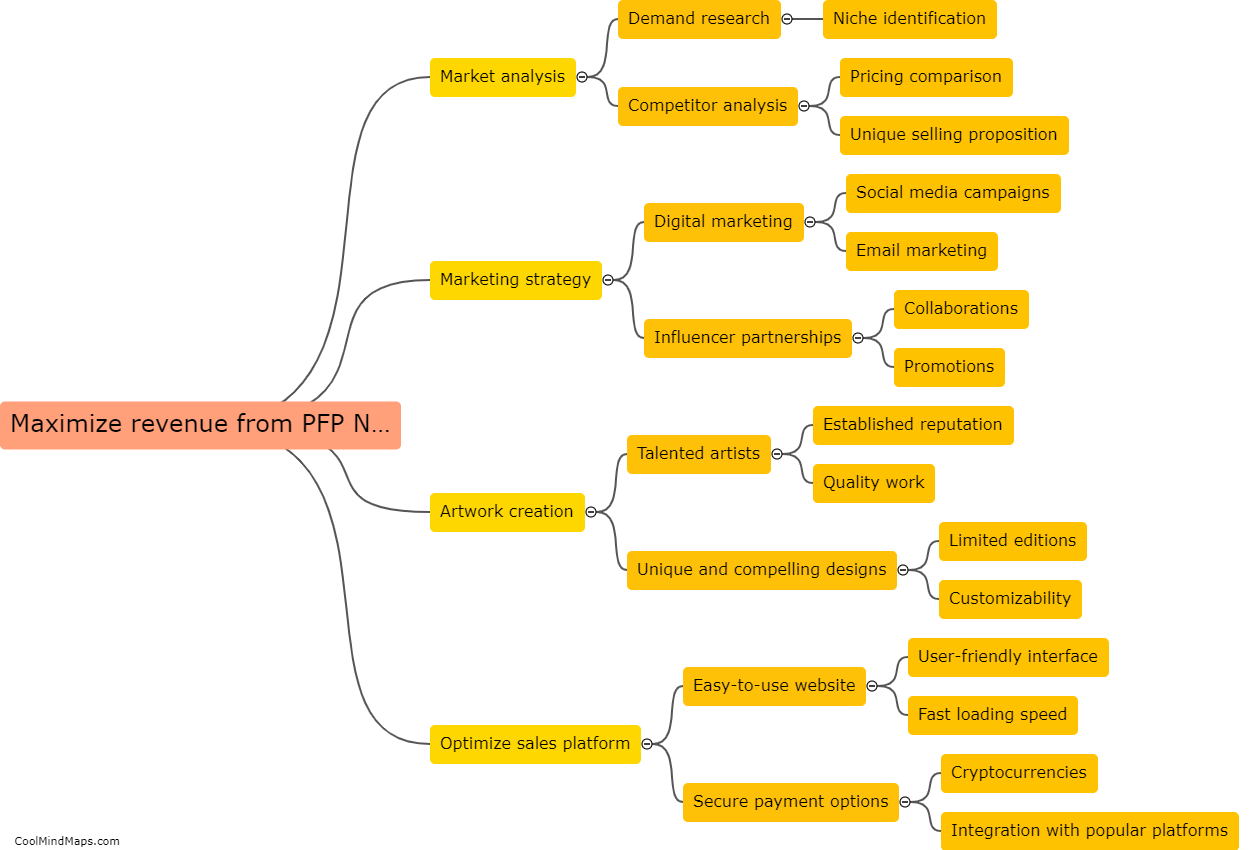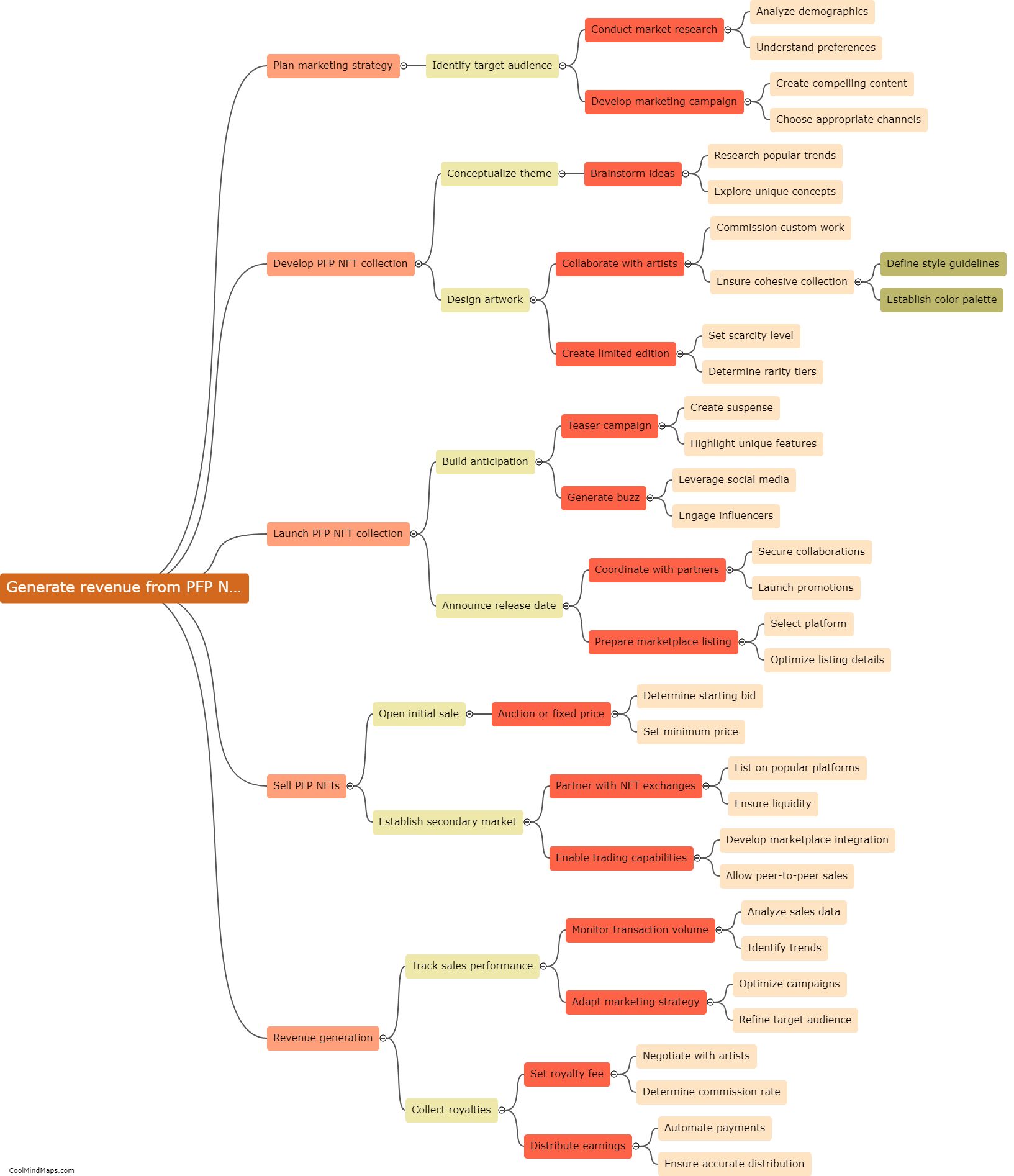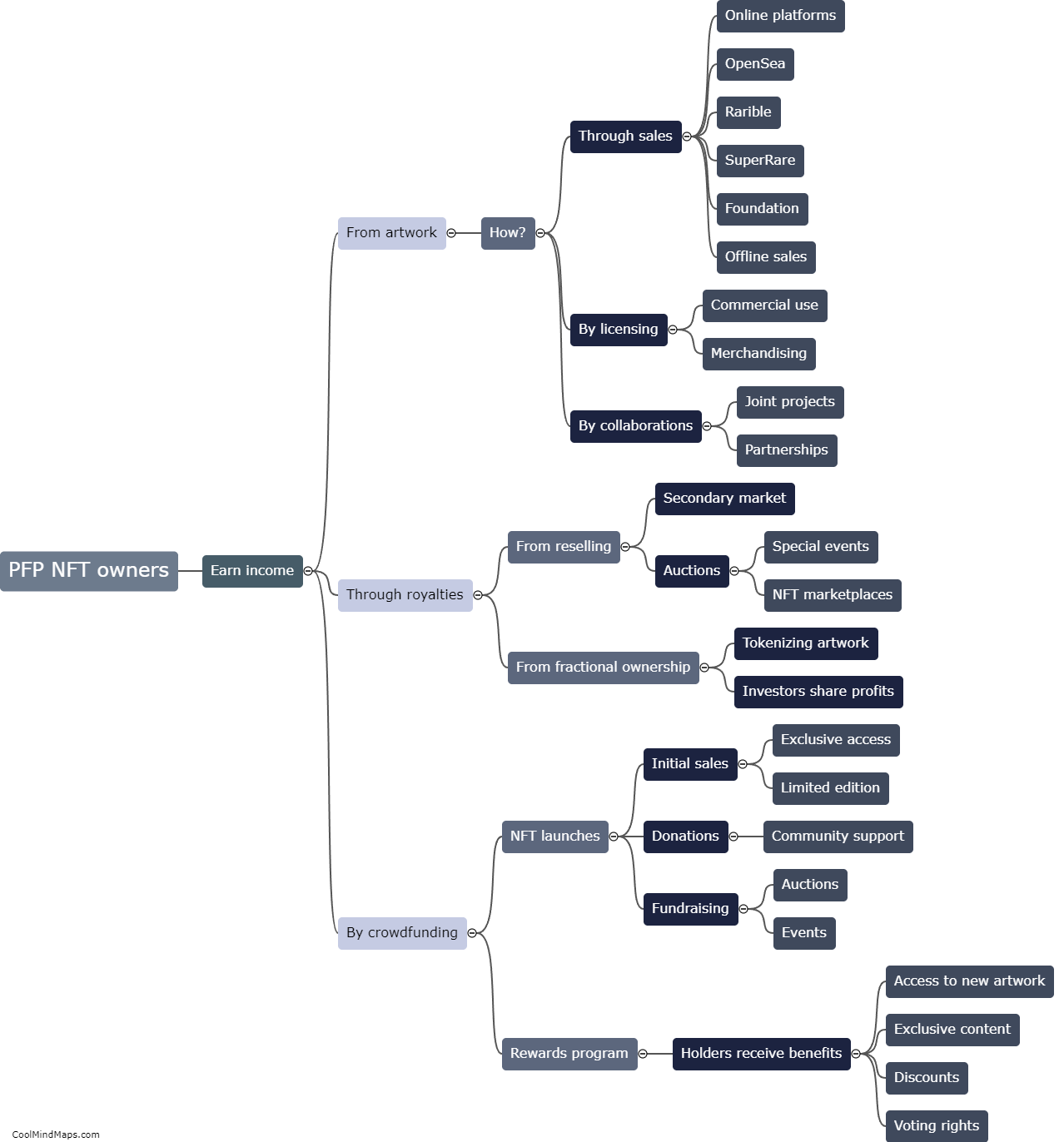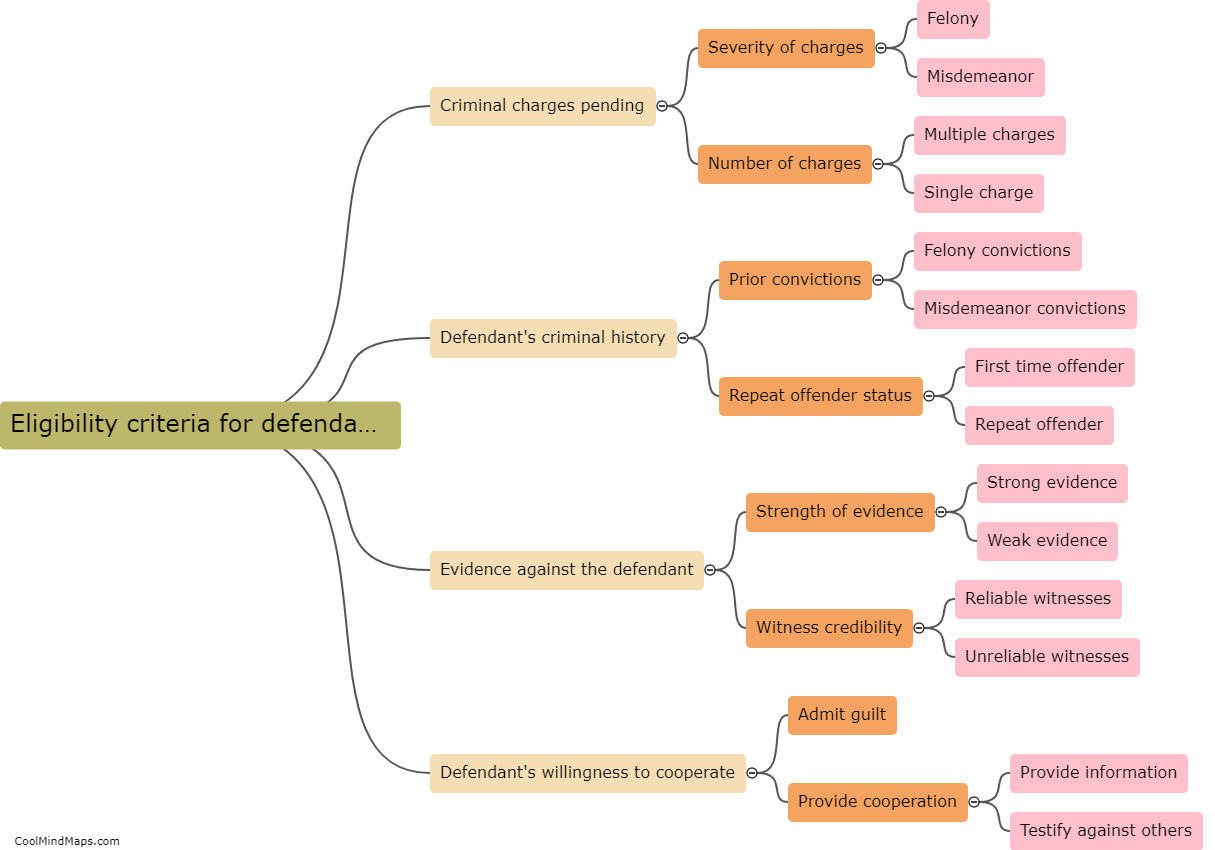What are the key concepts and principles of CISSP?
The Certified Information Systems Security Professional (CISSP) certification is one of the most recognized and respected certifications in the field of cybersecurity. The key concepts and principles of CISSP revolve around eight domains that cover various areas of cybersecurity. These domains include Security and Risk Management, Asset Security, Security Architecture and Engineering, Communication and Network Security, Identity and Access Management, Security Assessment and Testing, Security Operations, and Software Development Security. These domains encompass a wide range of topics, including governance and management, security policies, network security, cryptography, access control, security testing, incident response, and software security. The principles of CISSP emphasize the importance of a holistic and proactive approach to cybersecurity, focusing on protecting the confidentiality, integrity, and availability of information assets, as well as ensuring the alignment of security with an organization's overall business goals and objectives.
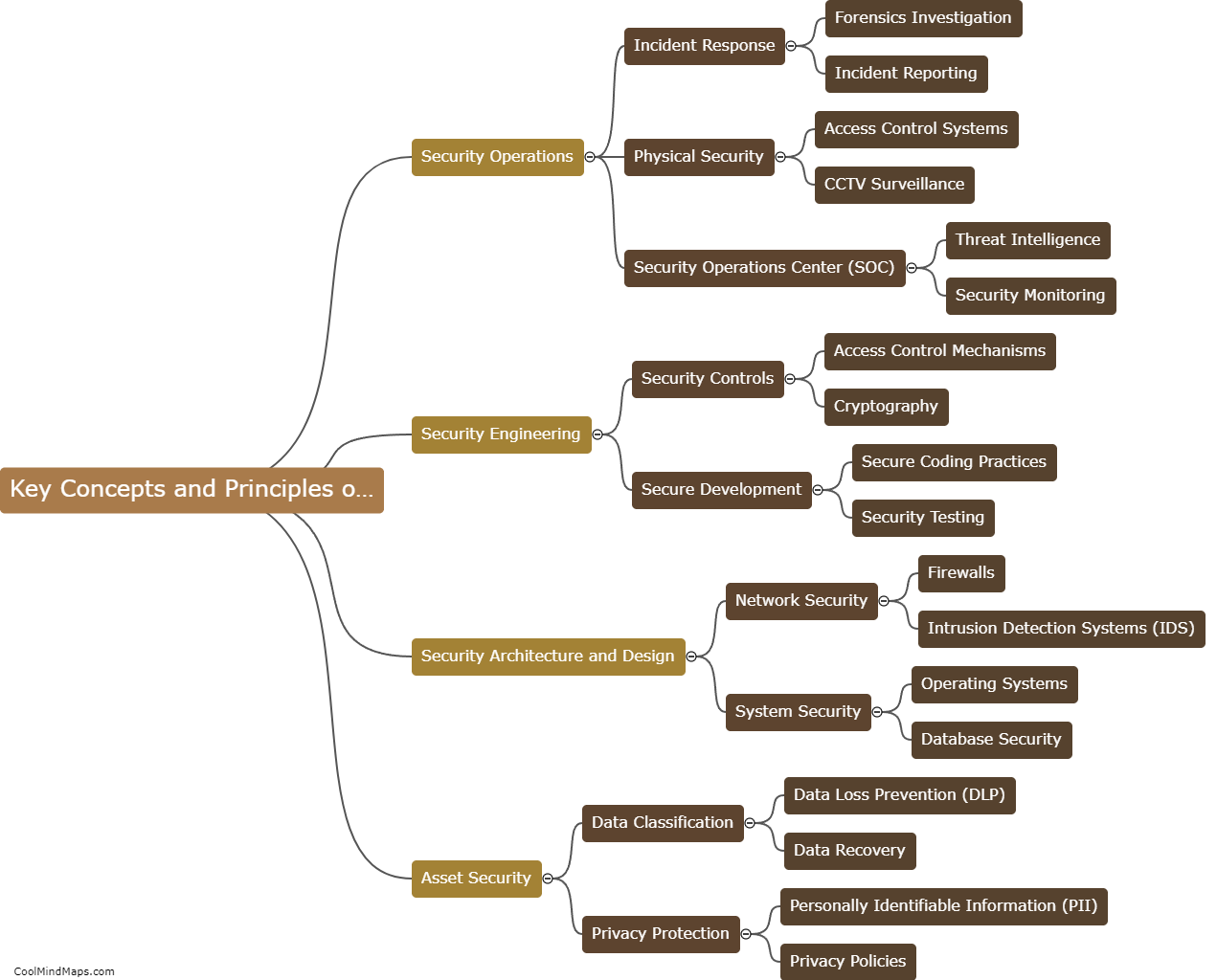
This mind map was published on 16 September 2023 and has been viewed 92 times.


